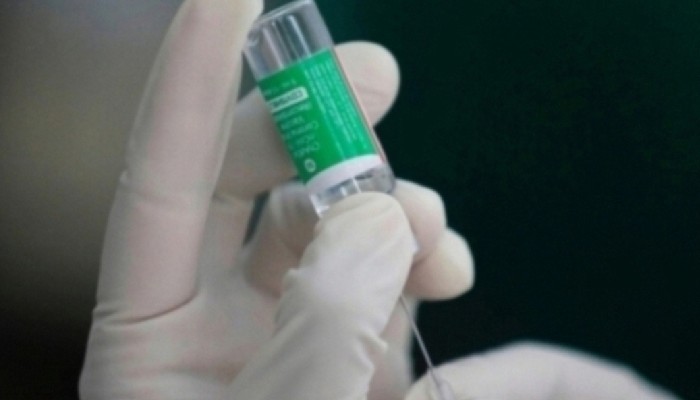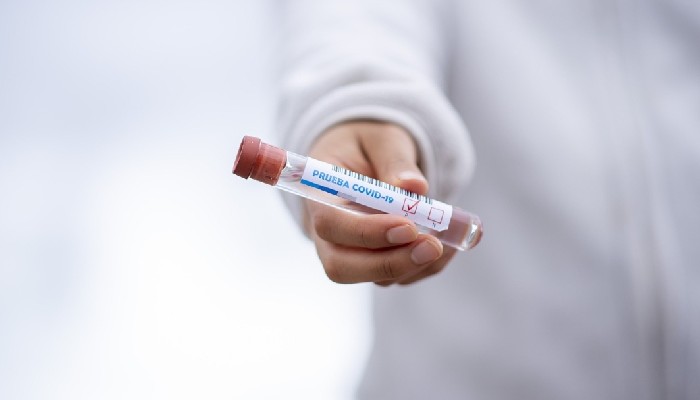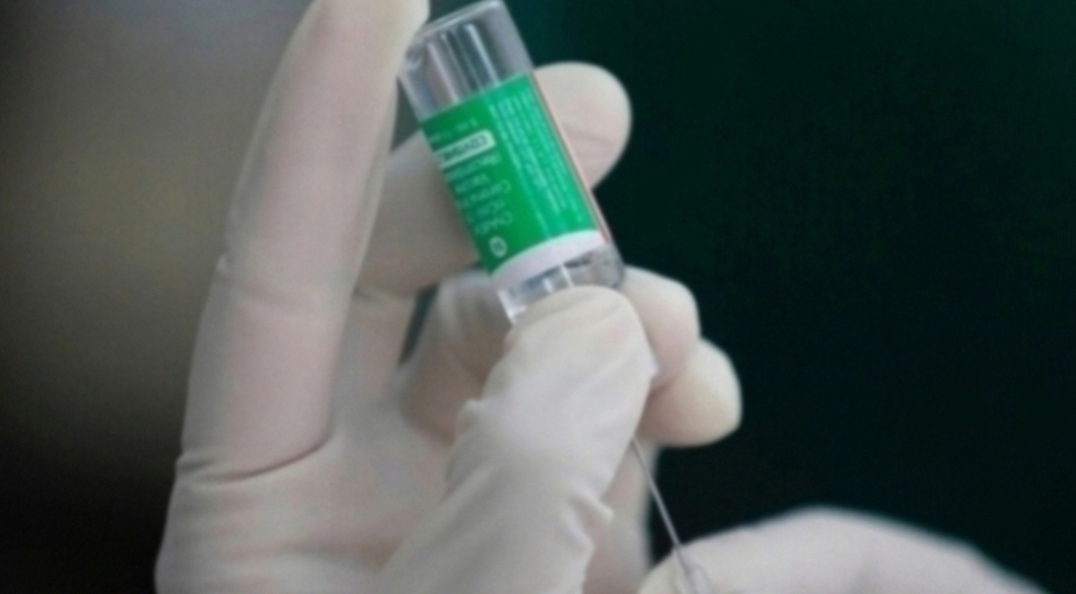The seven high burden zones are Maharashtra, Andhra Pradesh, Karnataka, Uttar Pradesh, Tamil Nadu, Delhi and Punjab
In order to contain the fast spread of COVID-19 in the seven high burden States and Union Territories, a high-level meeting under the chairmanship of Prime Minister Narendra Modi is scheduled to be held tomorrow. PM Modi will meet the Chief Ministers and Health Ministers of these states and UTs and review the preparedness.
According to an official statement released by the government, the seven high burden zones are Maharashtra, Andhra Pradesh, Karnataka, Uttar Pradesh, Tamil Nadu, Delhi and Punjab.
As per the government’s data, over 65 per cent cases in India come from these seven states and over 63 per cent of the active cases also come from these states. Apart from that, over 77 per cent of the total deaths have also been reported from these seven states.
As a result, the government is leaving no stone unturned to contain the virus. “The Centre has been leading the fight against COVID in the country in effective collaboration and close coordination with the State/UT governments. The Union Government is supporting them to ramp up the healthcare and medical infrastructure,” the government said in a statement.
The government has launched several initiatives like e-ICU tele-consultation exercise in collaboration with AIIMS. Several review meetings have been organised in the past to tackle the COVID-19 menace.
“High level review with the States/UTs has ensured adequate availability of medical oxygen in the hospitals and COVID healthcare facilities,” the statement said.
The central government is working closely with the state governments by deputing multi-disciplinary teams to support the states in matters related to containment, surveillance, testing and efficient clinical management of the positive cases.
Recently, the government identified various states not following the ICMR’s guidelines of retesting the samples tested with Rapid Antigen Tests (RAT). According to the guidelines, all the symptomatic patients showing symptoms like fever, cough, breathlessness etc should be tested again through RT- PCR in case the tests come negative. Similarly, retesting by RT-PCR has also been made necessary for asymptomatic negative cases of RAT that develop symptoms within 2 to 3 days of being tested negative.
In order to curb fatalities among health workers in India due to COVID-19, the Indian government has taken several steps including allocation of necessary kits and medicines to the health workers and establishment of various Infection Prevention and Control committees to safeguard them.
 Contact Us
Contact Us  Subscribe Us
Subscribe Us










 Contact Us
Contact Us
 Subscribe
Subscribe
 News Letter
News Letter

